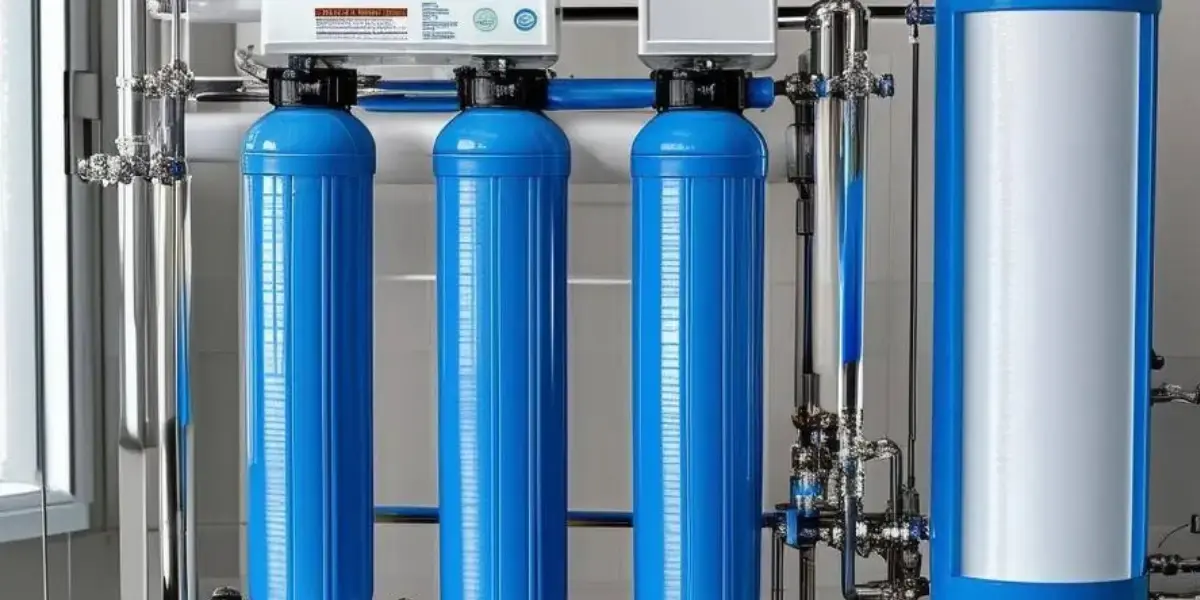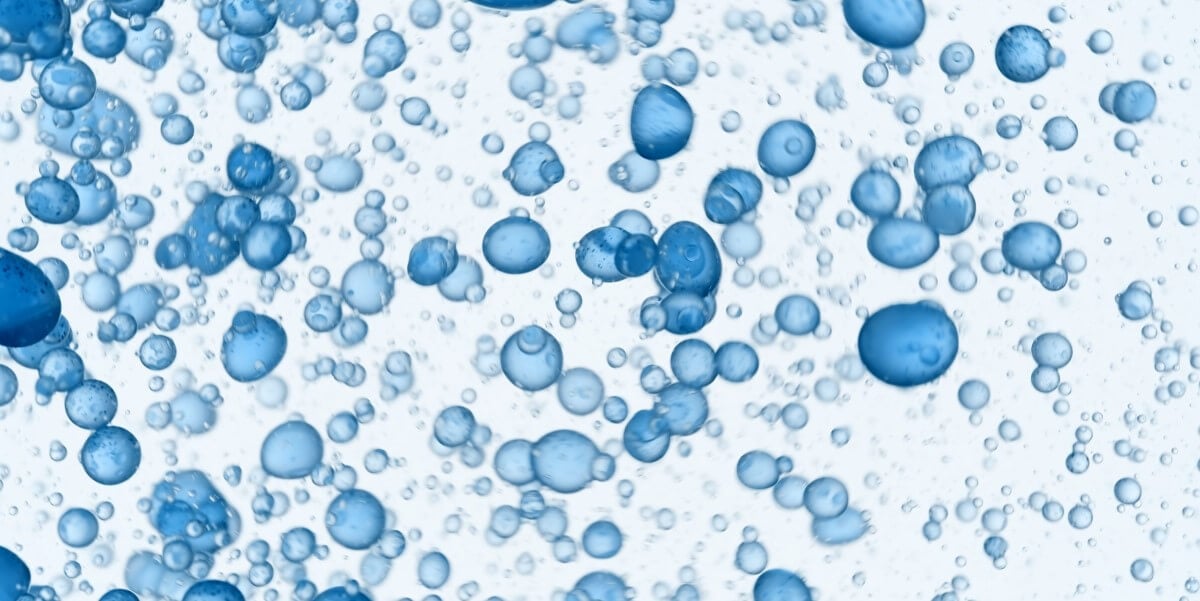Locked down buildings need more than flushing to prevent water quality issues
Following a report on Sky News headed ‘Businesses told to flush out water supply before reopening to avoid potentially deadly Legionella bacteria’, WCS Group urges responsible parties to proceed with caution when it comes to this task – it is not a standalone solution.
The article, which appeared on 20th May 2020, detailed guidance by Public Health England (PHE) in regards to the ‘regular flushing’ of water systems at the likes of dental practices, hairdressers, gyms, hotels and office buildings.“Our evidence shows that flushing buildings during periods of inactivity alone may not resolve potential water quality issues. While it could serve to reduce Legionella bacteria, overall microbiological control is likely to be compromised,” said a Spokesperson.
“We have compared four weeks of sample results from this period last year and now, in London buildings that have been locked down and flushed regularly. Legionella failure results currently are virtually the same, but the TVC (Total Viable Count – which gives an estimate of the total concentration of microorganisms in the water) failure rates have almost doubled.
“Nearly half of the buildings sampled in the last four weeks have significantly increased TVC results, compared with 24% in the same period last year. As the weather gets warmer, these rates, which potentially show that the water is not safe to use are likely to increase."
“Flushing is still important however other measures may be required to ensure control of bacteria in these water systems. We recommend that supplementary microbiological samples should be taken to prove regimes are effective, other actions implemented if required.”
The right approach
While flushing of outlets is essential – it’s key to preventing stagnation – this process should form part of a holistic approach to legionella prevention and water treatment in general, with works tailored to the fact that a building has been unused and this should be risk assessment based.
Daily and weekly testing and associated tasks must be maintained and in some cases increased. According the Legionella Control Association, simply reopening a building that has stood idle without addressing the safety of its water systems is unacceptable and likely to be in breach of the law.
Legionella is not the only issue. Drinking water may no longer be potable during a long period of stagnation, which could also lead to delays in buildings reopening.
The article in Sky News goes on to clarify that:
“Premises are also required to undertake a detailed review of all aspects of their water management system before reopening amid the continuing coronavirus lockdown,” and that “…all aspects of the water management system need to be reviewed before reopening the business, and necessary action will be dependent on the complexities of the system.”
“This last point is important – every system and its’ usage is different and should be treated accordingly. If we do not recommission buildings safely, public health will be compromised,” concluded Toby.
Responsible parties should refer to the Legionella Control Associations (LCAs) guidance at www.legionellacontrol.org.uk. WCS Group are available to provide safe solutions to all water hygiene and water treatment requirements.
Topics: Water Treatment & Hygiene

Written by Jon Greaves
Jon has progressively worked through operational roles, account management, technical management, and senior management roles over the last 16 years within one of the group companies before moving into the role of Water and Air Managing Director. Jon has experience across multiple sectors of water and air compliance, including district energy networks; data centres; healthcare; food and beverage and facilities management. Jon acted as a corresponding steering committee member on CIBSE CP1 – Heat Networks Code of Practice for the UK released in 2020.



